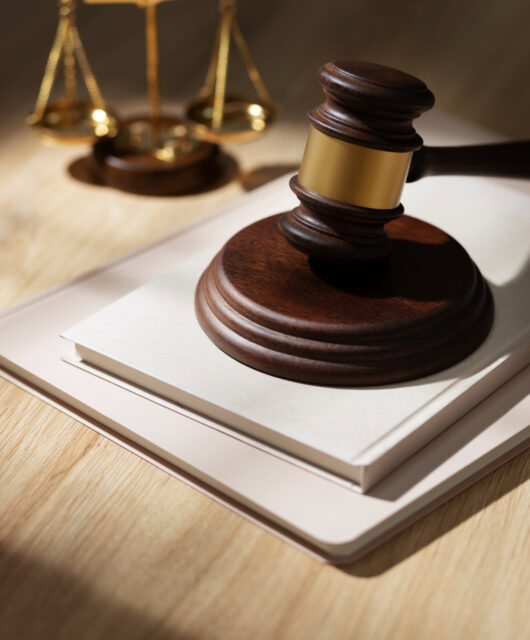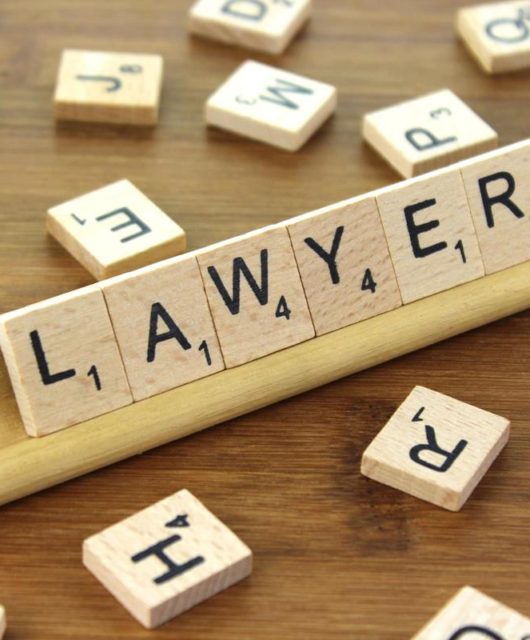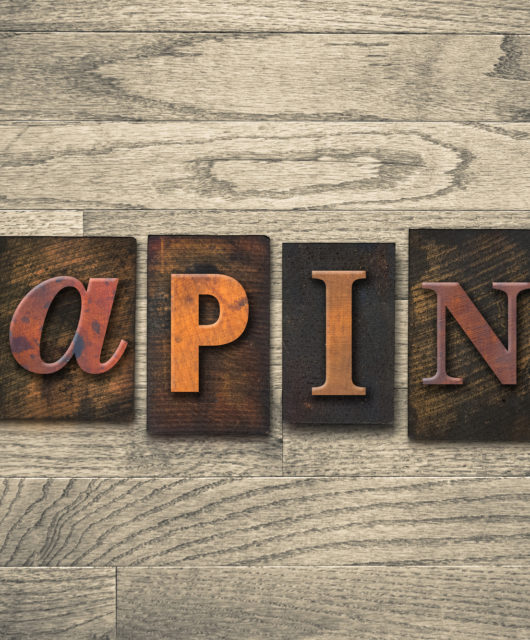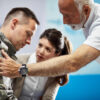Preparing a Hunting Plan for a Successful Hunt
 A hunter can perform the best and avoid risks when he is fully prepared for the hunt. Successful hunters put days in planning before going to the actual hunt. If you are thinking about having a good experience while hunting, it would be a best practice to analyze what should your hunting plan include? A hunting plan guides you on what to perform, how to perform and what you should do in case of any problem.
A hunter can perform the best and avoid risks when he is fully prepared for the hunt. Successful hunters put days in planning before going to the actual hunt. If you are thinking about having a good experience while hunting, it would be a best practice to analyze what should your hunting plan include? A hunting plan guides you on what to perform, how to perform and what you should do in case of any problem.
Mental Preparation for the Hunt:
Mental preparation is as important as physical one. Along with your gear, you need to have the strength to face the difficulties of the hunt. Learn about the geographical area you are planning to hunt in and know what situations you would have to face there. Ask for guidance from other hunters who have more experience than you.
Planning a Hunting Trip:
Whether you are going solo or with a group, you need to decide the whole schedule in advance. Changes can happen due to various conditions, but you must be prepared to adjust according to them. If you are thinking to hunt at a new place, the following suggestion would be beneficial;
- Get the contact information of the wildlife agency workers of the area.
- Ask them about different game locations
- Get your hands on a topographic map of the area you are planning to hunt
Know the primary hazards and preparing for them:
There are mainly three hazards that can cause serious injuries to a hunter;
- Natural calamities, e.g., a storm, road blocks due to landslides, etc.
- Cuts caused by knives or broadheads
- Getting lost and being exposed to danger
Several deaths happen due to heavy falls from trees. You must remain very careful and take all precautions to avoid a fall. Manufacturers have started making the hunting equipment safer. Choose the equipment which would provide the most safety to you.
Gearing Up Appropriately:
Along with the proper hunting attire, it is important to carry a first aid kit that is fully equipped with all the safety essentials. While planning for the hunt, you also need to learn how to use the kit; otherwise, it won’t be useful.
Make sure that the kit has all the basic equipment to cater to serious injuries such as major bleeding, which occurs due to cuts from a hunting knife. You can plan to deal with this and similar scenarios by including important items like sanitary napkins, dressing pads, bandages, etc.
Make the first-aid kit personalized by adding over-the-counter and prescription medicines that you would require. For example, including allergy medications are essential even if you don’t have any severe allergies. They will help you to deal with various allergies that plants and trees can cause.
Survival Kit:
Carrying a survival kit is necessary, and the quantity of items depends upon how many days you have planned to hunt for. Some basic things that this kit should have are:
- Energy bars or nuts
- A sleeping bag and a space blanket
- Any item to help you signal, such as a whistle or a flare gun.
- Dental floss (it can help you in tying up a tent)
- Anything to filter the water
- A torch with extra batteries
- Materials to start a fire (they must be waterproof to eliminate any damage to them)
Always remember that the most important thing to prepare while planning for a hunting trip is your mind. You should be confident about the hunt. Cross-checking everything that you would be needing and practicing will help you in providing that confidence.









